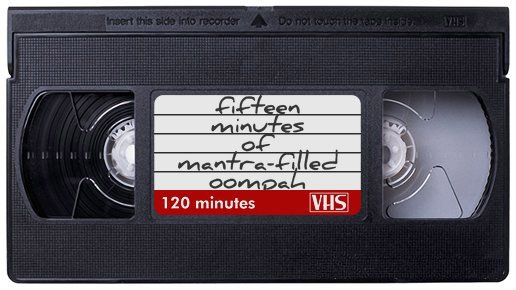I'm off to the Isle of Wight in an hour to do a bit of rewriting and celebrate 20 glorious years of the Tom 'n' Jane Laff-In, so I don't have time to do any more writery analysis. Suffice to say that each episode is an absolute masterclass in structure, deeeeeep characterisation and subtext.
(Link: Some PDF scripts from series one, courtesy of the script-compiling legend that is Lee Thompson.)
Be seeing you!
At long last, several spoiler-avoiding months after it went out in the US, Mad Men – the Best Thing on Telly – is back on the BBC for its third series. We'll have none of that "season" nonsense here, thank you very much.
Set in a New York ad agency in the early 1960s, the ice-cool show has been hoovering up awards since it started. The other week it won Best TV Drama at the Golden Globes, while Jon Hamm and January Jones (above) were all smiles after walking off with Best Actor and Best Actress for the second year running.
Series three picks up the story amid uncertain times at Stirling Cooper, following its takeover by a load of pesky Brits. With the accounts team fighting for survival, Don Draper (Hamm) had to take a trip to Baltimore with closeted gay art director Sal (Bryan Batt). And when a late-night fire alarm forced the evacuation of their hotel, Don found that he wasn't the only one hiding a few secrets.
Episode two, shown immediately afterwards, brought things closer to home, as decisions had to be made about the care of Don's increasingly senile father-in-law. Meanwhile, pioneering copywriter Peggy Olsen (Elisabeth Moss) decided to get her mojo back and went out on the pull.
However, Mad Men is one of those shows where a quick summary doesn't do it anything like full credit. Everything about it, from the writing to the set design and costumes, is as immaculately tailored as one of Don Draper's suits: every aspect – every line, look and gesture – is there for a reason, which isn't always obvious.
Granted, the show doesn't make many concessions to new viewers. There are no "As you know, Bob…" conversations to bring the audience up to speed. Instead, you're just dropped into the beautifully realised world and have to start putting together the pieces yourself.
However, if you give it a try you'll find it impossible not to be sucked in. Each episode is a marvellously constructed mini-movie that offers no straightforward answers and leaves you pondering what you've seen long after the credits have finished.




